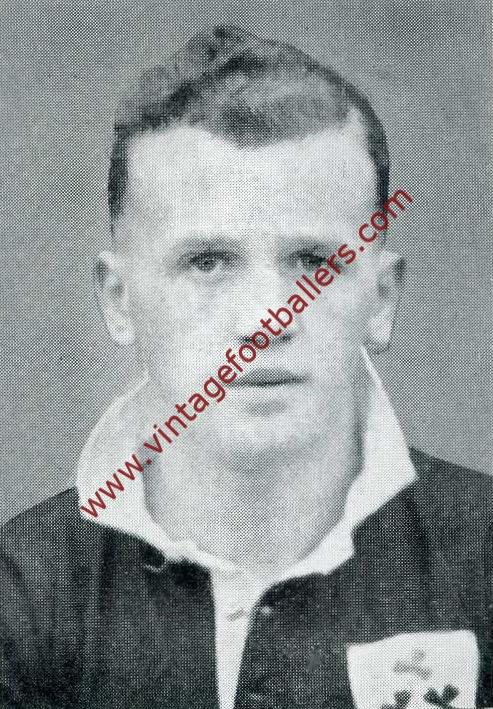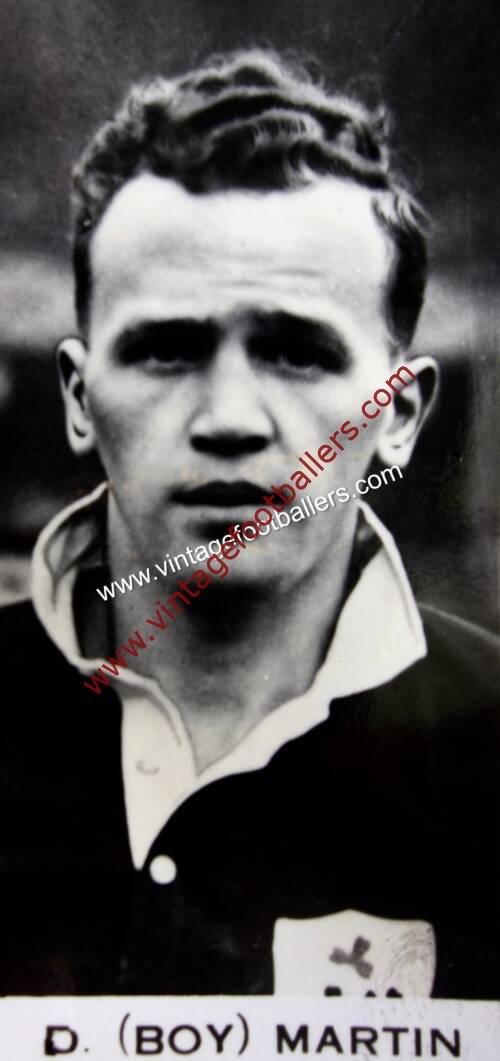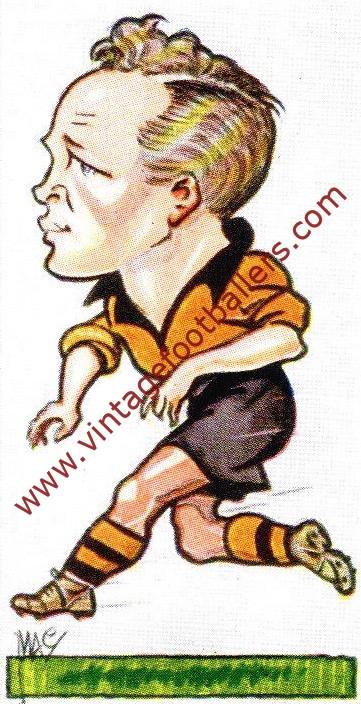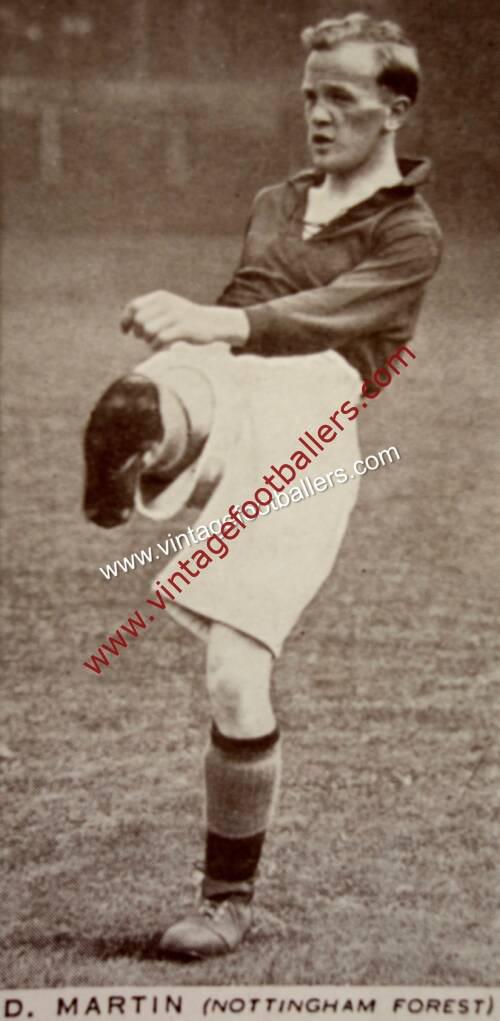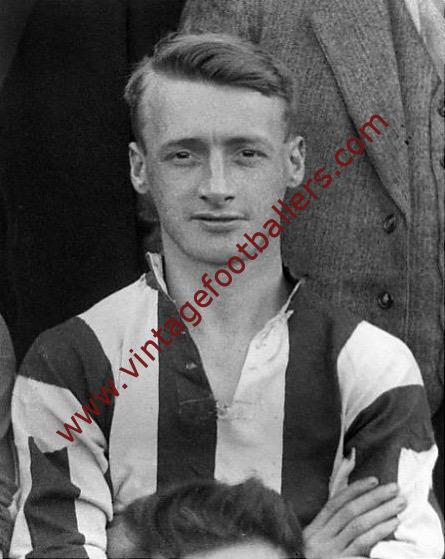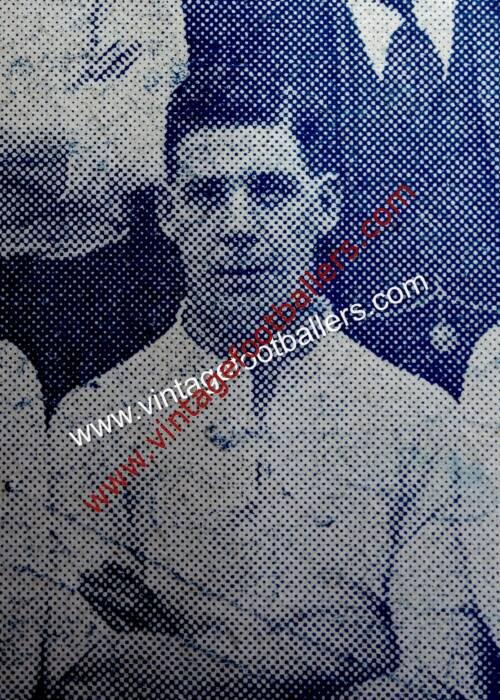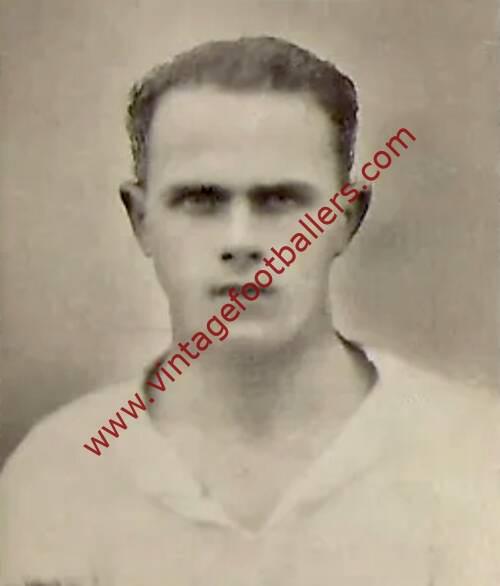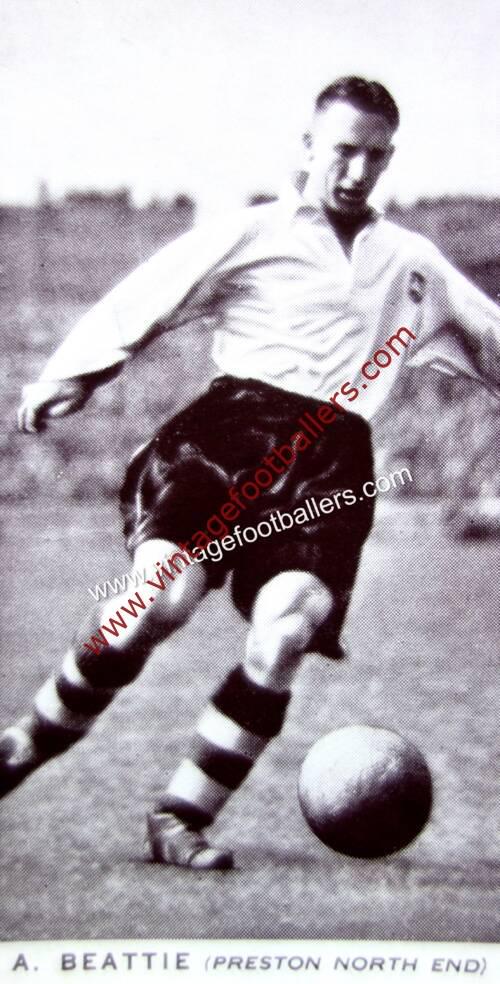Please choose your photo size from the drop down menu below.
If you wish your photo to be framed please select Yes.
Note: 16″x 20″not available in a frame.
Images can also be added to accessories. To order please follow these links
£8.95 – £49.95
In stock
Please choose your photo size from the drop down menu below.
If you wish your photo to be framed please select Yes.
Note: 16″x 20″not available in a frame.
Images can also be added to accessories. To order please follow these links
Belfast born centre forward Davy “Boy” Martin spent his childhood in an orphanage before joining the Royal Ulster Rifles as a drummer boy – the nickname “Boy” then stuck with him for the rest of his life. It was while serving in the army that he took a shine to sport as a champion prize fighter and a skilful goalscoring centre-forward on the football field. Eventually he bought his way out of the army for £5 to sign amateur forms with Cliftonville in 1939 before turning professional with Belfast Celtic in March 1932.
With Celtic Martin hit the ground running, firing home 36 times as the Gibson Cup arrived at Paradise in 1933. He was still a teenager as he racked representative honours at inter-league, amateur international and full international level. Indeed the Scots must surely have grown sick of the sight of Martin as he marked his Ireland debut with a brace in a 2-1 win at Parkhead in September 1933, and two weeks later, his first Irish League appearance with another two in a 3-0 win over the Scottish League at Windsor Park. To add insult to injury, his only other international goal came in another win over the Scots the following year. In total he won 10 full Irish caps through to October 1938, in addition to 4 amateur caps won between 1932 and 1933, along with 4 Inter-League caps, when he scored 4 times, between 1933 and 1934.
With all the plaudits came the inevitable move “across the water” as First Division Wolverhampton Wanderers forked out £7,500 on Martin and Johnny Brown (approximately two-thirds of which was attributed to Martin). An all-action striker, noted for his quickness of feet and thought, and most importantly, his red-hot finishing, he made his Football League debut against Manchester City a few days before Christmas 1934 and grabbed 8 goals in his first eleven matches through to February 1935, before getting injured. He returned at the start of the 1935-36 season but was not a regular with Wolves despite scoring a further 10 goals in 16 appearances before he was surprisingly allowed to move on to Division Two Nottingham Forest for a then club-record fee of £7,000.
With Forest Martin proved a more than reliable goal-getter, claiming another club-record with 31 goals in his first campaign, followed by 15 in 1937-38. Thereafter his temperament brought him to loggerheads with referees and his manager and after just seven games in the opening months of his third season he moved across the Trent to Notts County for £3500 in November 1938.
In just a year of Division Three (South) football with the Magpies Martin again proved his goalscoring prowess, scoring 19 goals in 31 appearances for The Magpies. On the outbreak of World War Two Martin rejoined the army. During the War years he guested with a number of clubs, both in England and Ireland, including Glentoran, Watford, Aldershot and Fulham, but he was badly wounded in the invasion of Normandy in 1944. Thankfully he fully recovered and guested for Derry City before returning briefly to Notts County, where he scored in his only appearance in the 1946 FA Cup in a 1-0 victory over Northampton Town. He then finished his playing career with spells at Ballymoney United in 1946 and Ballymena United in 1947 and then coached Ballymena and Carrick Rangers.
| Weight | N/A |
|---|
